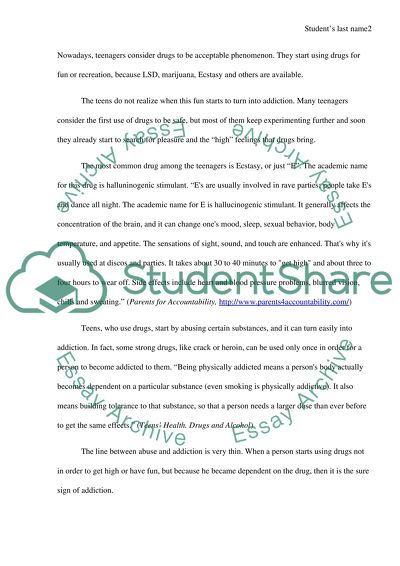Cite this document
(“Teen social issues Essay Example | Topics and Well Written Essays - 2750 words”, n.d.)
Retrieved from https://studentshare.org/sociology/1398085-teen-social-issues
Retrieved from https://studentshare.org/sociology/1398085-teen-social-issues
(Teen Social Issues Essay Example | Topics and Well Written Essays - 2750 Words)
https://studentshare.org/sociology/1398085-teen-social-issues.
https://studentshare.org/sociology/1398085-teen-social-issues.
“Teen Social Issues Essay Example | Topics and Well Written Essays - 2750 Words”, n.d. https://studentshare.org/sociology/1398085-teen-social-issues.


